Check out this excellent scene from Khuda Kay Liye
Below is a review/recco I had written a couple of years back.
Director: Shoaib Mansoor
Cast: Shan, Iman Ali, Fawad Khan, Rasheed Naz, Naseeruddin Shah
Khuda Kay Liye is the story of two musician brothers, Mansoor (Shan) and Sarmat (Fawad khan) and how their lives go off on two different tangents. Mansoor, the elder brother goes to USA to study music, falls in love and gets married to an American girl Janie (Austin Marie Sayre) but is imprisoned as a terrorist suspect. Sarmat becomes an Islamic extremist and forcibly marries Mary (Iman Ali), his British cousin. The movie deals with issues that Pakistanis in particular and Muslims in general face like forced marriage, Islamic fundamentalism and racial profiling.
Mary’s hypocrite father is in a live-in relationship with a white woman but cannot tolerate his daughter being in love with a white man. The brainwashing scenes of Sarmat by Maulana and his gradual turn to extremism by abstaining from music, removing paintings and asking his mother to wear Hijab are done very well. The scene where Mary asks about the bride and her failed attempt to escape are especially heartbreaking. The scene where Mary confronts Mansoor as to why he is not committing and the scene where the distressed Indian accuses him of being a terrorist are good. The best scene is the courtroom scene where Moulana Wali (Naseeruddin Shah) explains Islam’s views on music, western attire, inter-religious marriage and forced marriage.
There are quite a number of flaws. Some of the scenes have very low production values like the ones in the prison or the war scenes. The amateur acting in some of these scenes also does not help. The captive scenes come off real bad with the American interrogator saying some stupid stuff and they even have a physical fight. It also seems ridiculous that the cops kidnap Mansoor from his apartment instead of arresting him.
The scene where Mansoor tries to impress Janie by saying that we built the Taj Mahal and that we ruled India and Spain sounds ridiculous. Mansoor implies Muslims as Pakistanis which is totally wrong. May be the director intended to show Mansoor’s stupidity in talking about conquests when music makes much more impact than any conquest. Some Indians may feel that this and an other scene in the prison which mentions Kashmir as jingoistic but can be excused as it is a Pakistani movie and some Indian movies have had worse jingoistic scenes than these.
The Urdu dialogues are excellent but the English ones are a bit cheesy. The dialogues in the final scene about having beard, wearing western attire, inter religious marriage and use of music by Prophet David using Hadith (reports about the statements/actions of Prophet Muhammad) are excellent. The best dialogue in the movie is definitely “Haraam Ki Kamai Jeb Mein Rakh Kar, Halaal Ghosht Ki Dukaan Dhoondhte Hain”. The background music is good and the songs are excellent especially the songs ‘Bandya’ and ‘Allah Hoo’. Khawar Jawad’s music is brilliant in the Bandya song and the song has some great vocals. Cinematography is very good but it’s the art direction that is bad in a few scenes.
Shan gives a decent performance as Mansoor. Iman Ali is very good for the most parts except in a few scenes like the one where she meets Naseer and the courtroom scene where she has a weird look on her face when Naseer is supporting her. Her accent and her actions as a British Citizen are believable. Rasheed Naz is very good as Moulana Tahiri and Austin Marie Sayre is decent and Fawad Khan is ok. But Naseeruddin Shah steals the show in a 20 minute guest appearance as Moulana Wali. He is simply brilliant and his speech has an impact as good as Jack Nicholson’s famous climax speech from A Few Good Men. The rest of the performances vary from strictly ok to amateurish.
Khuda Kay Liye, despite its flaws, is the best movie addressing the serious issues facing today’s Muslims. Shoaib Mansoor’s direction is excellent in some scenes and a bit amateurish in a few of them but then this is his debut movie and the flaws can probably be overlooked as it is an honest effort. One can tell that the makers obviously faced some budget issues and as a result the film suffered. The movie would have been a masterpiece if it were not for these flaws. Shoaib Mansoor needs to be commended for making such a bold movie which takes controversial issues head on and is not scared to take a stand. Exemplary research has gone into the last scene. The character Sarmat is partly based on his friend Junaid Jamshed, a Pakistani singer, who gave up music, grew up a beard and became religious. The movie tries to give the message that one cannot impugn an entire religion/country because of the act of a few bad people. Khuda Kay Liye is recommended for every one who is interested in serious cinema.
Tags: Fawad Khan Iman Ali Khuda Kay Liye Member Reviews Naseeruddin Shah Rasheed Naz Reccos Reviews Scene of the Week Shan Shoaib Mansoor

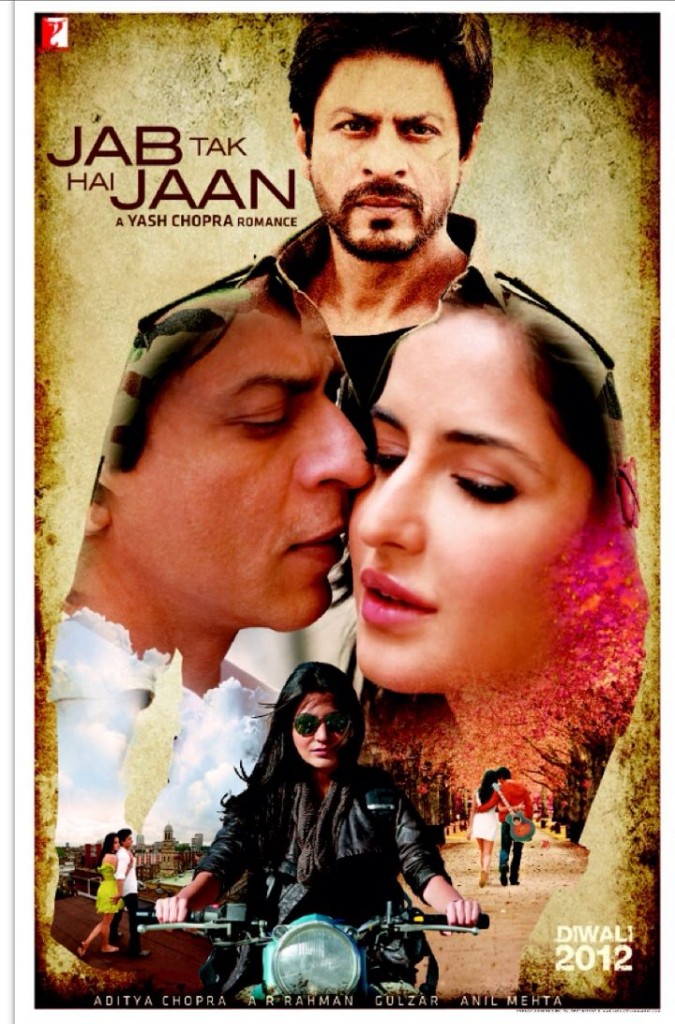
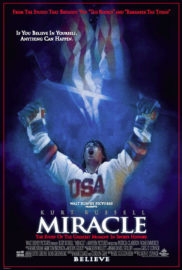
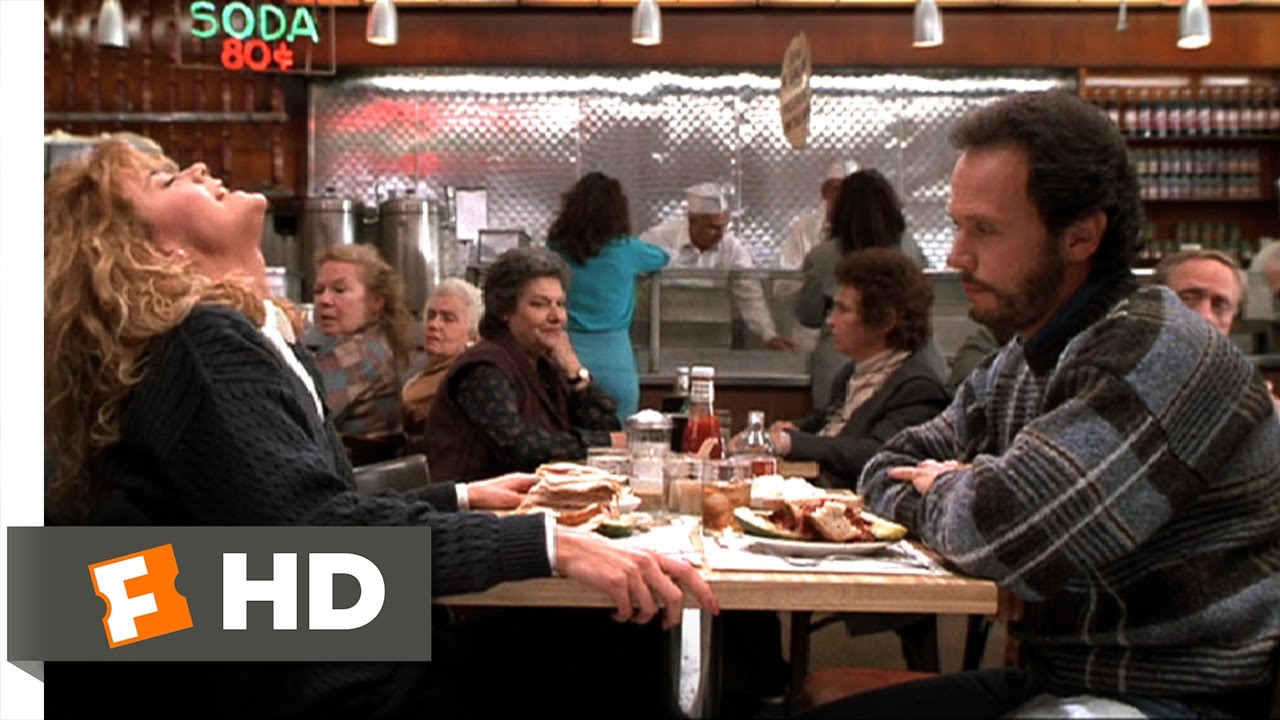
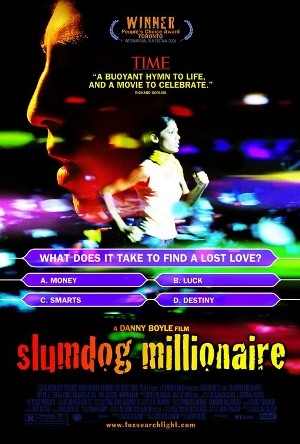
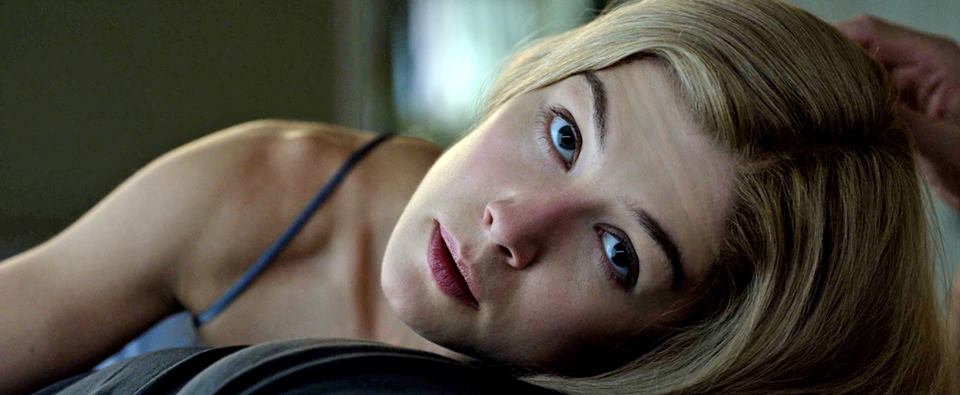
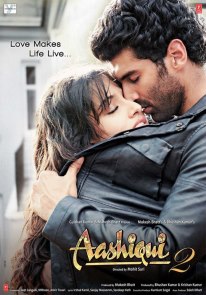
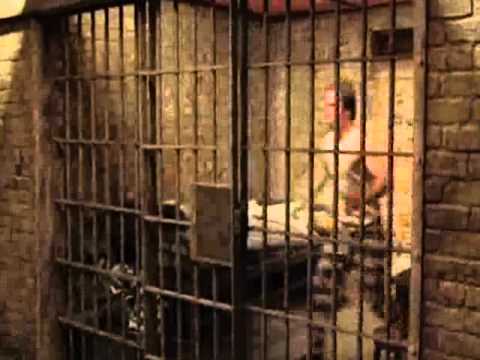
Brilliant Scene, Dialogues and very good acting by Naseer.
I Haven’t Seen the Movie but heard a lot about it & Naseer in it.
Absolutely Love the ‘Bandeya’ Song.
Do remind me of this Post if I Write about the Movie in Future Years 🙂
Is it Better than MNIK? 😉
.
How is ‘Bol’?
I Love Atif’s ‘Hona Tha Pyaar’ from Bol.
Manzar Sehbai got Great Appreciation for his Performance[which was Originally Offered to Naseer].
The movie is good. It does not have a crappy climax like MNIK. Infact the climax (the scene I posted) is the best part of the movie. It has its flaws like the ones I mentioned in the review – low production values, some amateurish scenes and some bad sets especially during Afghan fight scenes. But its a still a movie worth watching.
Baba says NY is better than MNIK. So let me say this. It is better than NY 😉
Have not seen Bol – heard good things about it. Will watch it soon.
Since you reminded me of the Bandeya song here is the video from the movie.
I also liked this scene a lot which has the “Allah Hoo” song which I liked.
good scene though i coudl not understand everything. naseer acted well and agreed about the line “haraam ki kamai leke halaal gosht dhoodna”
I Sooo want to Play[Acoustic Guitar] Bandeya, Dil Ko Tumse Pyaar Hua, Raabta and Paani Da Rang at My College Fest Next Year.
🙂
And Baba is Right.
New York is a “Better” Movie Anyday than the Likes of MNIK, Kurbaan, Fanaa, ETT!
sputnik – the logic of unnecessary attention to dressing which naseer talks about is shown in karate kid too.watch this:
https://youtube.com/watch?v=jaq72-rAqJU
Karate here (Mind)
Karate here (heart)
Karate never here (Belt)
Baba,
The Jackie Chan Version of ‘Karate Kid’ with Will Smith’s Son was such a Crap Movie except a Couple of Sequences.
I haven’t seen the Original Version though.
yes the recent karate kid was not as good as the 1984 one but i liked jackie chan and jaden smith performances.The Chi scenes were wonderfully done.
This is Ritz’s comment which he emailed me.
———
I saw TQ today and really loved scene of the week you posted.
I somehow cant comment now, but here is what I wanted to comment:
====
Loved the movie and direction. Your review is very good but I didnt
notice much about production values as much as you did. I only felt
that the parts which were shot in britain were self-indulgent and
stretched. Maybe filmmaker was trying to show difference in both
worlds and how drastically the lead actor gets changed – but it cud
have been bit shorter.
I think acting by actor who played Mulana Tahiri was excellent and it
elevated the movie.
I felt this movie is much closer to reality than the rest I saw.
There are many dialogues in this movie which I love. Including Maula
Tahiri’s teachings to his shagird and opposition to Mausiqui. Though I
dont agree with Tahiri’s teachings – the quotes/writing is very good.
Tahiri is damn good and I dont agree Naseer steals the show. He just
balances the act – if Tahiri was not so good or weak actor playing it
/ the movie would not had the impact it had with Naseer’s speech at
end.
In this above scene in particular – love the lines..
“daadhi ishq ka aagaaz nahi.. inteha hai”
“kahin hum galati to nahi kar rahe hai – ki aashiq ka pehla qadam ishq
ki aakhri seedhi par rakhwa rahe hai”
“deen mein daadhi hai, …daadhi mein deen nahin”
Maulana Tariq Jameel on his meetings with Aamir Khan:
Based on above I was very impressed with the Maulana saab, so I saw his other videos – but seems like he is not that broadminded as he seemed here. But yes, based on wiki and other sources he seems to like peace / non-violence even if there is a difference of opinion.
“Nasha pilaake giraana to sabko aata hai.
Mazaa to tab hai jo girte ko thaam le saath”
I missed the real meaning of these lines (he believes in current Islam which treats Music and Films as Haraam).
But hey !! , I still like this guy – for what he said:
“log mohobbat ke bhukhe hai..(aur) tum fatwe dena shuru kar dete ho”
“bhaiyoo, mohobbatein baato …nafratein to pehle hi bahot fail chuki hai.n”
Iranian film on prophet Muhammad set for premiere
Majid Majidi’s Tehran-backed production telling the story of Muhammad’s early years to be shown at Iran’s Fajr international film festival
A multimillion-dollar biopic about the childhood of the prophet Muhammad – Iran’s most expensive and lavish film to date – is set to premiere on Sunday.
Tehran’s Fajr international film festival, which coincides with the anniversary of the 1979 Islamic revolution, is scheduled to show the country’s own version of how Islam’s most revered figure lived. To protect the prophet’s dignity, the film will be shown out of competition.
Iran has been a vocal critic of the prophet’s portrayal in the west, recently expressing strong condemnation of the Charlie Hebdo cover cartoon in the aftermath of the deadly attacks in Paris, which depicted Muhammad weeping and holding up a sign reading Je Suis Charlie.
The film, to be released as Muhammad, Messenger of God” in the festival’s opening ceremony, is made by Majid Majidi, a leading pro-establishment Iranian director who has worked for more than five years – with a great deal of secrecy – to produce what is only the second big-budget feature made about the prophet. The first was Moustapha Akkad’s 1976 The Message, starring Anthony Quinn, which sparked controversy despite not showing the prophet on screen to avoid hurting Muslim sensitivities.
Majidi has had his own doubts about Akkad’s biopic, which he said failed to do justice to Muhammad’s life by showing “only Jihad and war” and also because “the image of Islam in that film is the image of a sword”.
Majidi’s state-sponsored film, which is the first part of an ambitious trilogy about the prophet’s life, tells the story of Muhammad from his birth to the age of 12, ending with his first visit to Sham (Syria) where Bahira, a Christian monk, is believed to have predicted he would one day become a prophet.
Iran is bracing for a large international release in March, at least in the English- and Arabic-speaking worlds.
Muhammad’s face will not be shown on screen and the Italian cinematographer Vittorio Storaro, the three-time Oscar-winner for masterpiecesfilms such as Bernardo Bertolucci’s Last Tango in Paris and Francis Ford Coppola’s Apocalypse Now, has worked on various combinations of light and darkness to make religious depictions in the film possible.
But the biggest issue will likely be that it is produced by Shia Iran. Compared with Sunnis, Shia Iranians have a relatively relaxed attitude towards visualising religious figures, which has caused controversies in the past.
Majid Majidi Facebook Twitter Pinterest expand
Director Majid Majidi said his goal was to present the right image of Islam to the world. Photograph: Regent/Everett / Rex Features
Majidi held a press conference this month in which he tried to assuage fears of a backlash, saying he had consulted both Shia and Sunni scholars from across the Muslim world before making the film.
“We chose a period of his life about which there is no difference between different Shia and Sunni scholars and groups,” he said. “We made this film with the view of bringing unity [to] the Muslim world.”
Majidi said his goal was to present the right image of Islam to the world. “The world’s perception of Islam today does not match with the beauties of Islam.”
However, the film has not been able to escape contention. Egypt’s Al-Azhar University, one of the world’s highest Sunni authorities, has asked Iran not to show the film, while Qatar announced a rival plan for a film about the prophet, with a budget of $1bn (£660m) and backed by likes of the Lord of the Rings producer Barrie Osborne.
When the news about the Iranian film came out in 2012, Al-Azhar said in a statement: “We demand that Iran refrain from releasing the movie, so that an undistorted image of the prophet can be preserved in the minds of Muslims. We call upon all film-makers to respect religions and prophets.”
In response, Majidi has said: “I am aware of their concerns, we have our own sensitivities about religious figures and I wonder why they are criticising it before actually seeing it.”
He added: “While there are 250 films on Jesus Christ, 120 films on Moses, 80 about the other prophets and 40 films on Buddha, there is only The Message on the life of prophet Muhammad. Unfortunately, we fail to introduce our prophet to the western world. In this case enemies will remain enemies.”
Majidi may receive a hard time abroad for his film, but at least he can be confident about its reception at home. Iran’s supreme leader, Ayatollah Ali Khamenei, who has the ultimate authority in the country, is backing the film’s production, meaning that the Iranian media will have little room to criticise the film publicly.
Majidi’s film is financed by Bonyad Mostazafan, Iran’s foundation of the oppressed, which is a charitable entity under Khamenei’s authority. In October 2012 Khamenei made an unusual visit to the film’s location to the south of Tehran, near the holy city of Qom, where giant replicas of sixth-century Saudi Arabian cities Mecca and Medina were built. Other parts of the film were shot in South Africa after India refused to allow filming there.
Within Iran’s largely home-based film industry, Majidi’s project was produced on an ambitious scale with a budget reported to be around $30m. Besides Storaro, who is said to have brought his own crew from Italy, other international figures on the film include the Oscar-winning Scott E Anderson, who has worked on visual effects, and the Iranian-born British singer Sami Yusuf, who has contributed to its score.
I had watched The Message starring Anthony Quinn a few years back and I did not like it. When you can’t show the face of the leading character in a movie there is no point in making a movie. It felt very weird.
I think even Ben Hur did not show Jesus face but if I remember correctly Jesus had only a couple of scenes in it.
Majid Majidi is a great director and I liked both Children of Heaven and Baran a lot. But even this says “Muhammad’s face will not be shown on screen” so I don’t know how it will turn out.
Iran Selects Majidi’s Epic ‘Muhammad: The Messenger of God’ as Oscar Entry
The Farabi Cinema Foundation has announced that Majid Majidi’s “Muhammad: The Messenger of God” will represent the Middle Eastern nation in the Best Foreign Language Film category at the 88th Academy Awards.
The film was selected from a list of 10 titles that included festival favorites such as “What’s the Time in Your World?”, “Tales,” “Melbourne,” and “Fish & Cat.” This is the fifth time one Majidi’s films will represent his country at the Oscars making the Iranian director that has been granted the distinction the most times.
“Muhammad: The Messenger of God” is a historical epic focused on the formative years of Islam’s last prophet and its the first installment in a three-part project about Muhammad’s life. The film is the most expensive Iranian production ever made and had 3-time Academy Award-winner Vittorio Storaro as its DP. “Muhammad: The Messenger of God” recently opened the 39th Montreal World Film Festival.
The film has caused controversy ad it has been banned in other Muslim countries that reject any visual depiction of the prophet, even if his face never actually appears on screen.
International sales are being handled by production company Nourtaban Film Industry. U.S. rights are still available.
Asghar Farhadi’s “A Separation” became the first Iranian film to win the Academy Award in the category back in 2012. Prior to that win the country had only been nominated once for another of Majid Majidi’s films: “Children of Heaven.”
https://blogs.indiewire.com/sydneylevine/iran-selects-majidis-epic-muhammad-the-messenger-of-god-as-oscar-entry-20150928
Wow this is awesome for Deepika Padukone